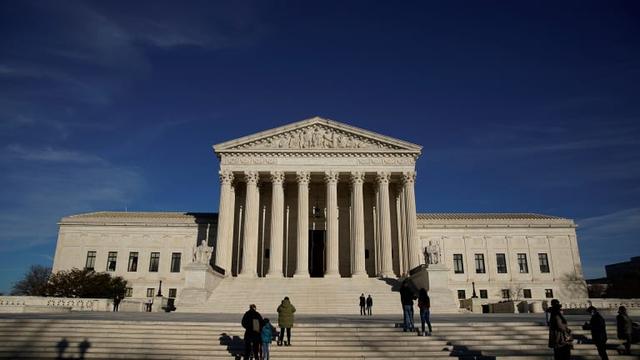Climate anomalies are accelerating — and synchronizing worldwide.
Watch: https://youtu.be/6LV6Z3cY53A
#ClimateCrisis #ExtremeWeather #GlobalRisk #CreativeSociety
The war against warming is lost. Now what?
https://southwind.com.au/2026/02/24/the-war-against-warming-is-lost-now-what/
The war against warming is lost. Now what? | South Wind
The spectre of failure has hung over climate conversations for years. In an interview last July for the Toronto online journal iPolitics, Canadian ecologist David Suzuki declared that the battle to contain global warming was lost. The return of Donald Trump, he said, was “the dagger in my heart”. Suzuki’s right: we’re screwed. Trump officials
News - The Supreme Court Will Weigh in On #BigOil’s Favorite Defense Against Climate Liability Lawsuits | Drilled
“Is the idea that we wouldn’t be able to have these products without this legal immunity, because of the harm they cause? Then maybe we need to rethink that.”
Découvrez comment les mini-véhicules de livraison transforment les villes, apprenez tout ce qu'il faut savoir sur le plastique dans un nouveau livre rédigé par un expert.
#FridaysForFuture
#ClimateCrisis
https://www.fridaysforfuturenewsletter.org/fr/post/alimentez-votre-inspiration-02-2026
A concept from atmospheric science I keep looping on:
The Clausius-Clapeyron relation says that the saturation vapor pressure of water increases exponentially with temperature, allowing for roughly 7% more water vapor per 1 degree C of warming.
Water vapor is also a greenhouse gas, making this a positive feedback loop.
More water vapor in the atmosphere means less liquid water on the surface, so this effect leads to continental drying, which is happening at a rapid pace.
Have we really lost the battle against climae change? If not, what can we do?
-
¿Hemos perdido la batalla contra el cambio climático? Si no, ¿qué podemos hacer?

I Didn't Want to Make This Video.
Study finds warming world increases days when weather is prone to fires around the globe https://phys.org/news/2026-02-world-days-weather-prone-globe.html
#environment #weather #wildfire #wildfires #climate #ClimateChange #ClimateCrisis #GlobalWarming

Study finds warming world increases days when weather is prone to fires around the globe
The number of days when the weather gets hot, dry and windy—ideal to spark extreme wildfires—has nearly tripled in the past 45 years across the globe, with the trend increasing even higher in the Americas, a new study shows.
#auspol #climatecrisis
https://www.theguardian.com/environment/2026/feb/23/monsoon-low-weather-forecast-heavy-rain-thunderstorm-flash-flooding-warning-bom-nsw-queensland-south-australia-victoria





